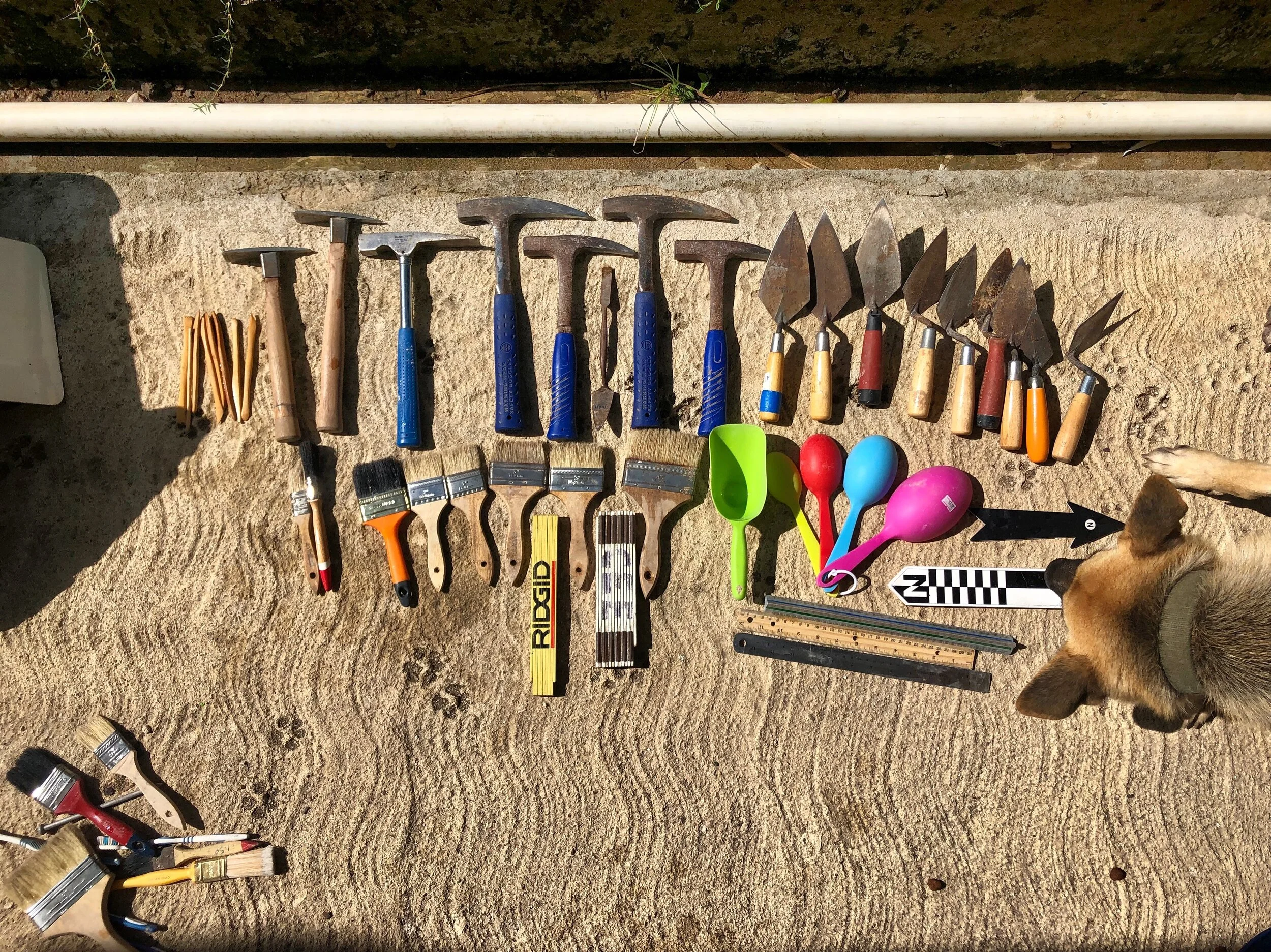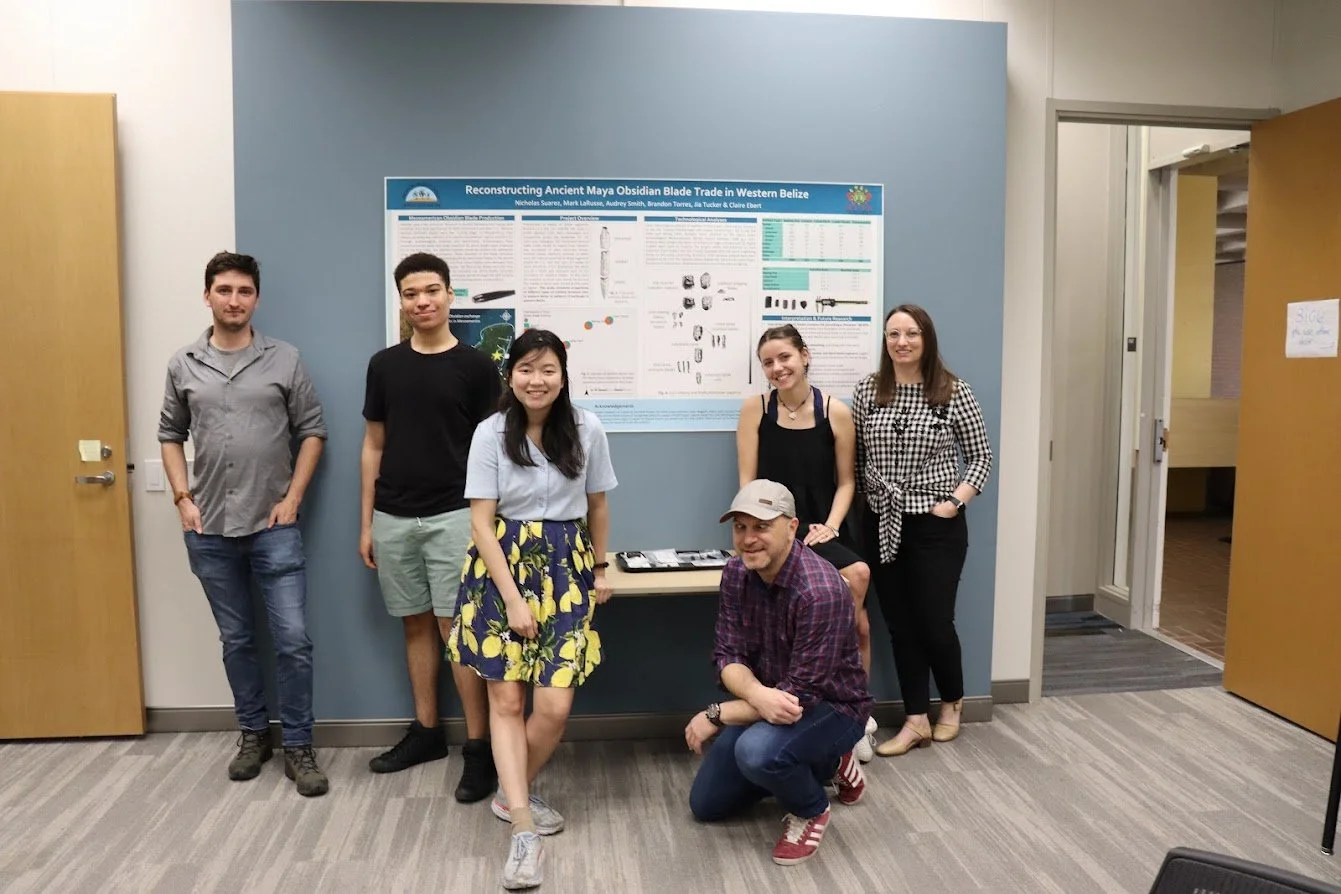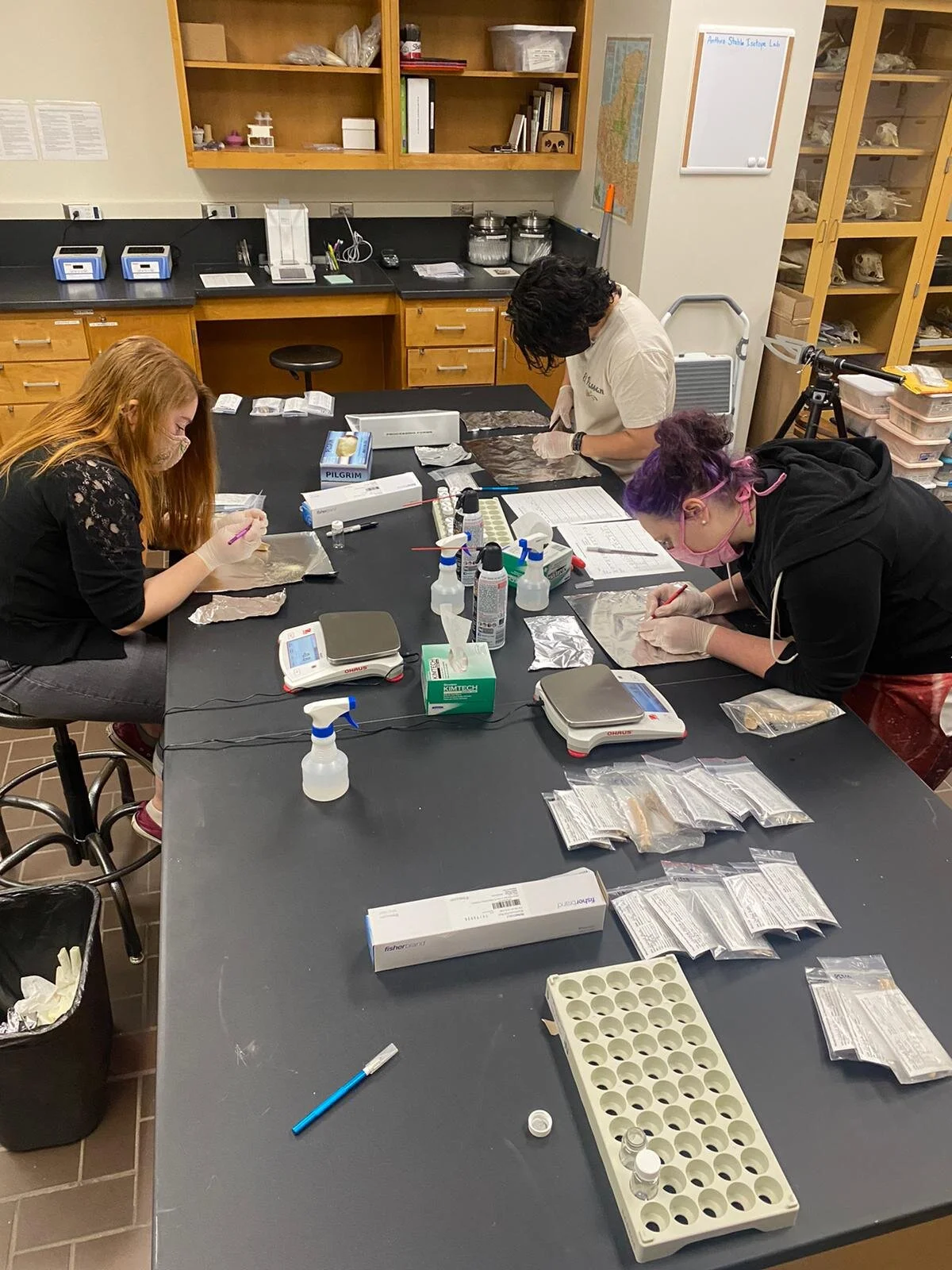
Join the Lab
Undergraduate Students
If you are an undergraduate student seeking hands-on research experience, our lab may be a great fit, especially if you are interested in archaeology. This year Dr. Ebert is leading the 2025-2026 Center for Comparative Archaeology Gateways Project for the Mesoamerican Cities Database. How and why do cities rise, thrive, or fall? This year’s Gateways Project explores these questions by contributing to a database on ancient Mesoamerican cities to reveal how ancient urban centers were sustained—and what we can learn from them today. This project is part of URBank, an international initiative transforming how we study cities across 5,500 years of human (pre)history. Working as a team on a faculty research project, supervised by a graduate student GSA, undergraduate students in Anthropology will:
Gather archaeological, historical, and environmental data from published sources
Use GIS to digitize ancient city plans and map infrastructure
Help build a dynamic database for comparative urban analysis
Present their work and their results at the Archaeology Research Fair in the spring term
Interns should be careful workers who pay attention to detail, as that will be essential to database accuracy. Organizational abilities are also very important. No previous experience with archaeological materials is necessary, but some experience with Microsoft Excel and GIS is preferred. Students must be able to commit to a minimum of 6-10 hours per week during the semester.
Please fill out the following Internship Application if you are intersted in this project.
You can also contact Dr. Ebert via email c.ebert@pitt.edu to introduce yourself and to receive more information.
Graduate Students
Current PhD students working in the lab apply environmental archaeology, human ecology, and/or stable isotope analysis to research questions within Mesoamerican archaeology. Students are also welcome to design studies related to ongoing projects in the lab, focusing on questions about environmental change, diet, and commensal relationships between people, plants, and/or other animals in Mesoamerica or elsewhere in the ancient world.
If you are interested in working with the Tropical Paleoecology and Isotope Geochemistry lab, please contact Dr. Ebert via email c.ebert@pitt.edu to introduce yourself, before applying to the program.
Current projects with potential for graduate student research include:
Archaic period settlement and subsistence in western Belize (survey, excavation, lab analyses)
Lidar remote sensing analyses and survey of Maya polities in the upper Belize Valley
Household and monumental excavations at Maya polities in the upper Belize Valley
Stable isotope and ZooMS analyses of faunal remains
Database creation and meta-analyses of human, animal, and environmental isotopic data from Mesoamerica, the Caribbean, and Central America.
Please note that these are not the only opportunities for research in my lab, and that I encourage students to generate and pursue their own ideas for research.


